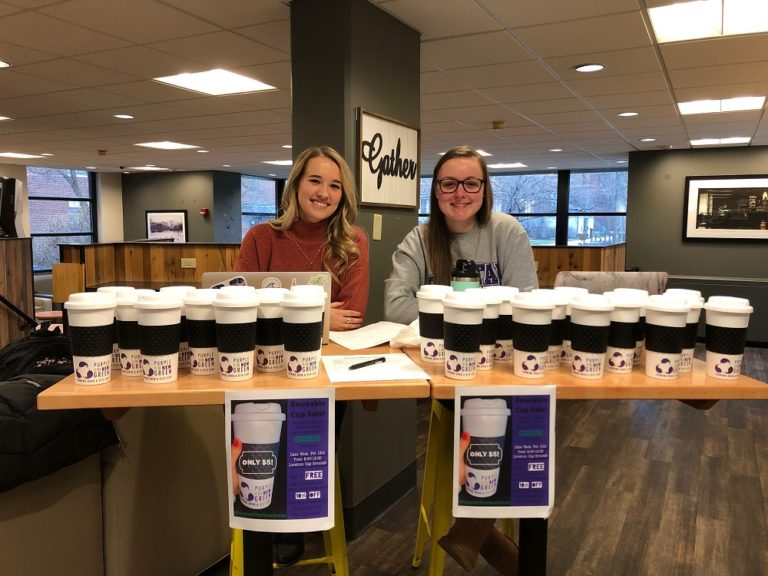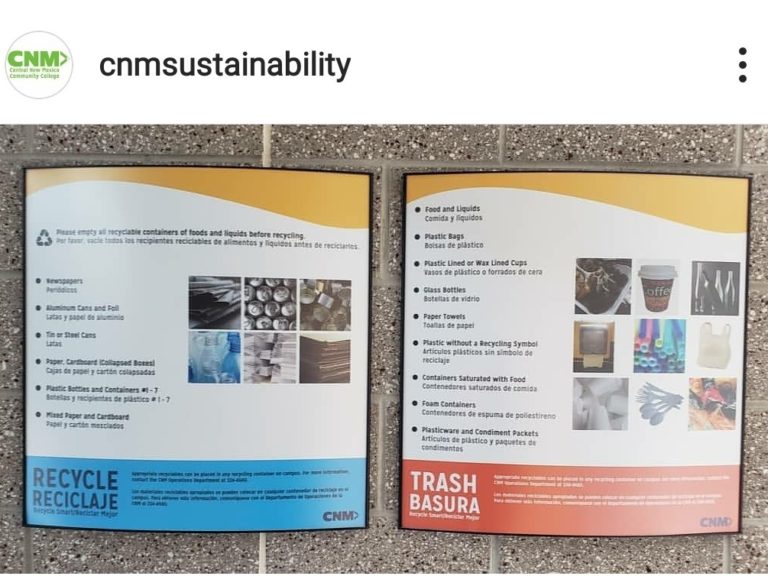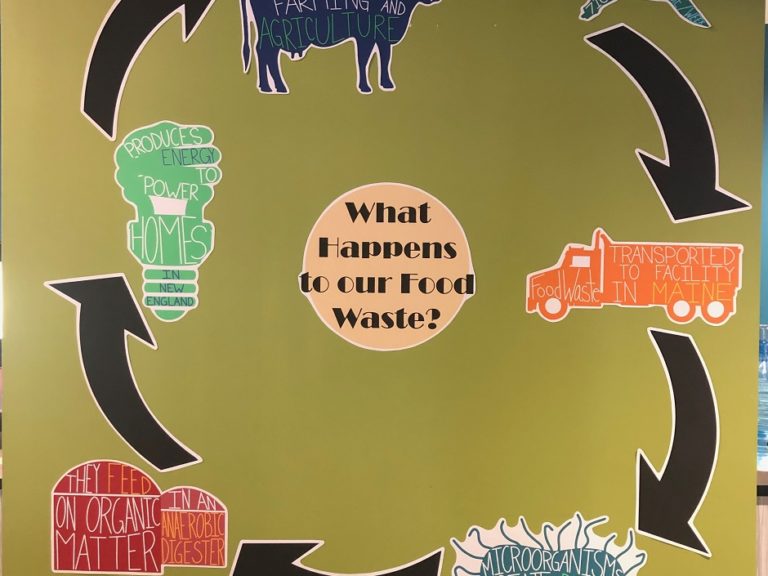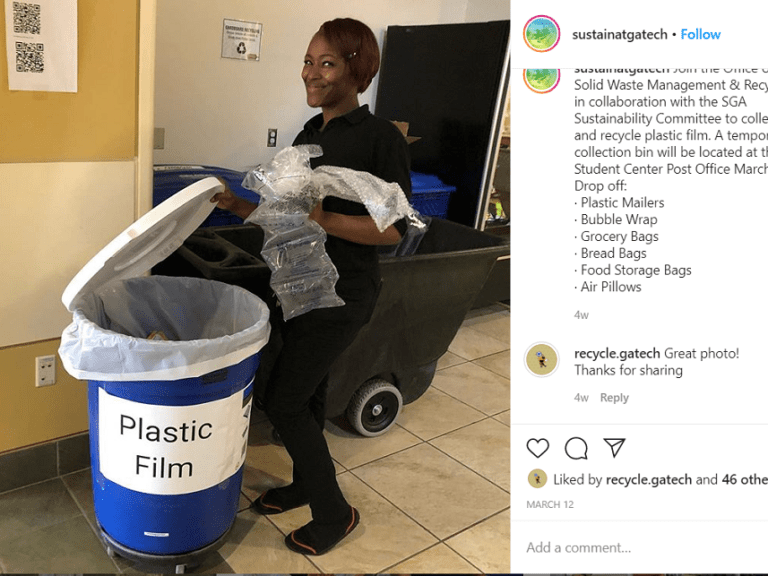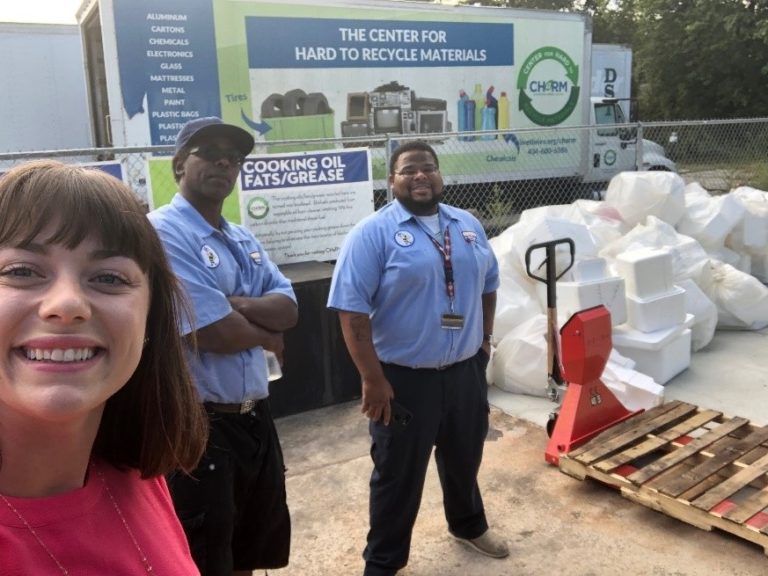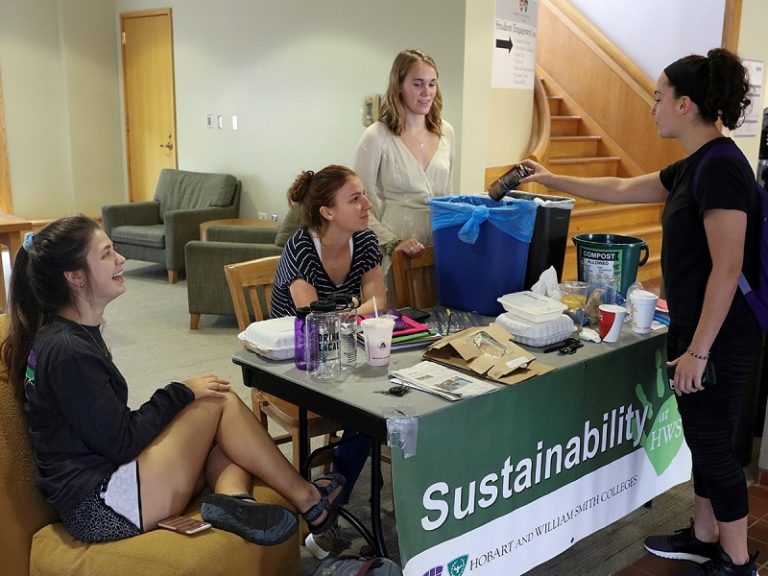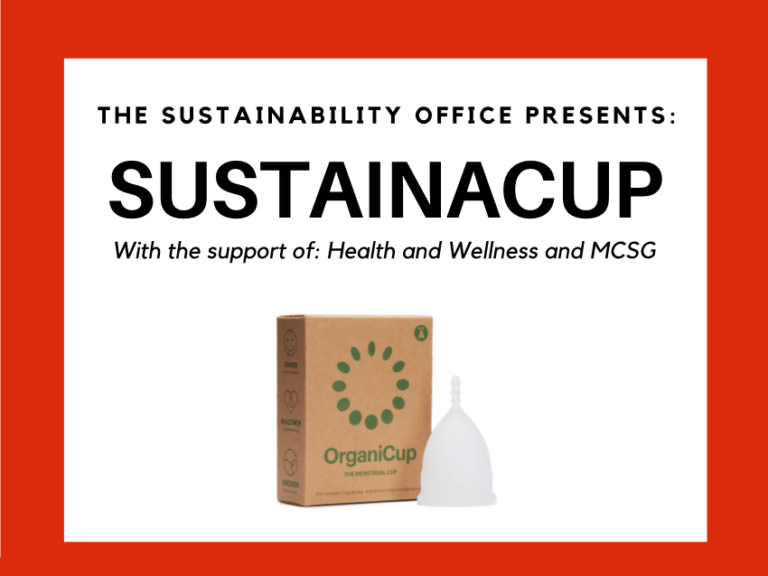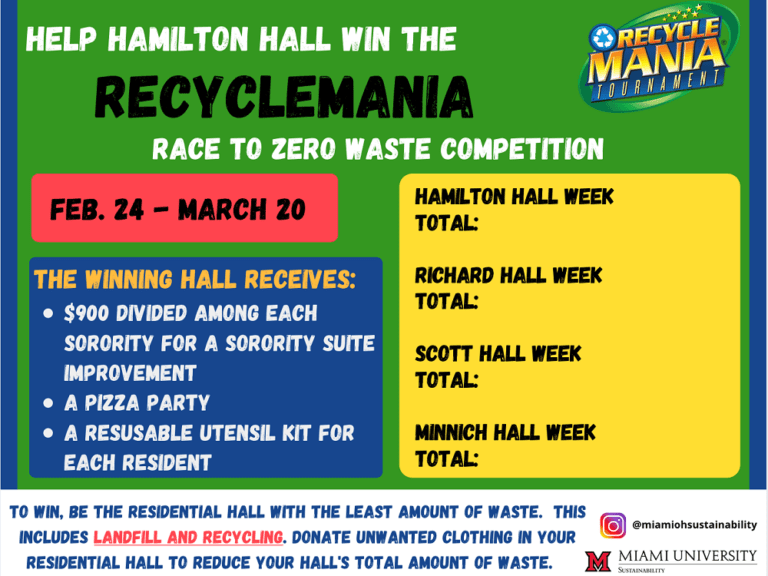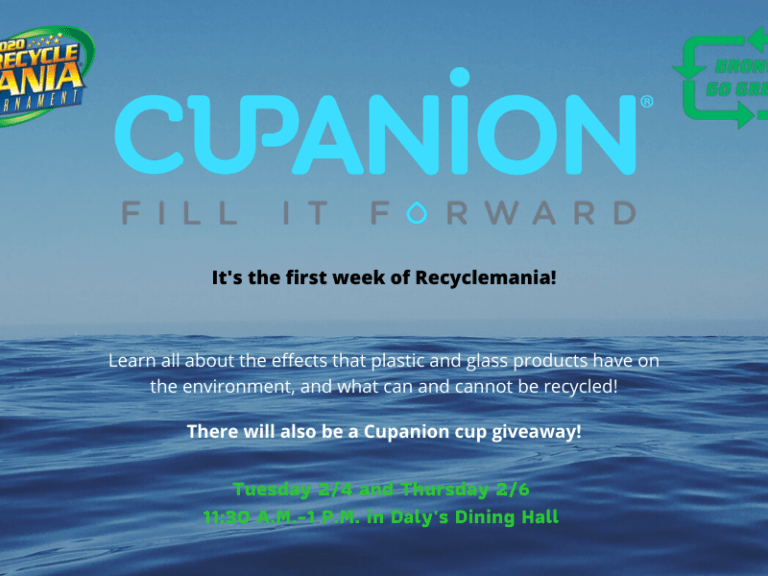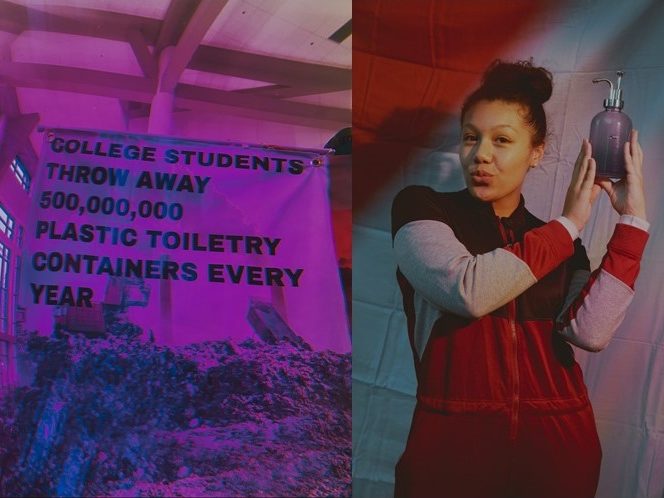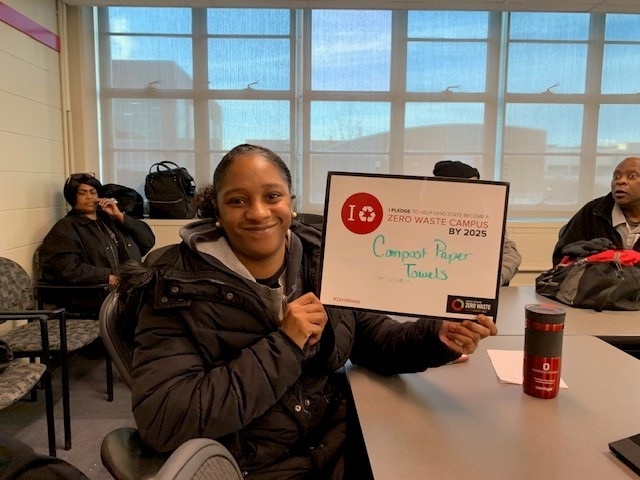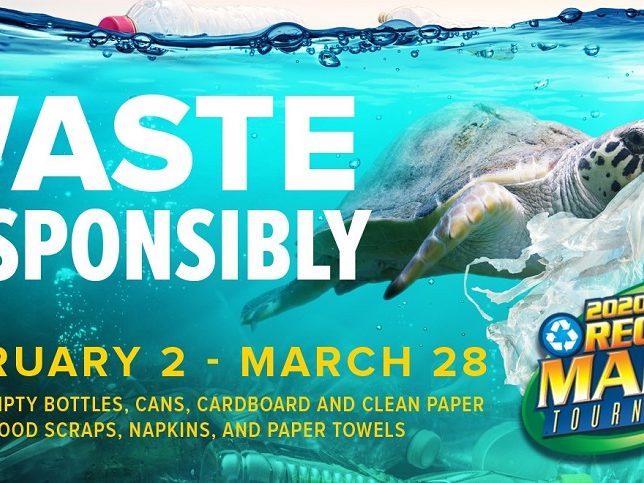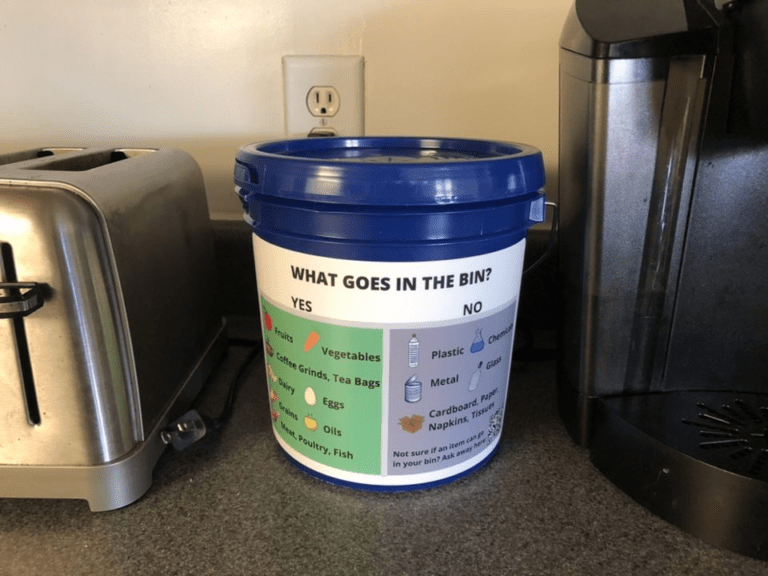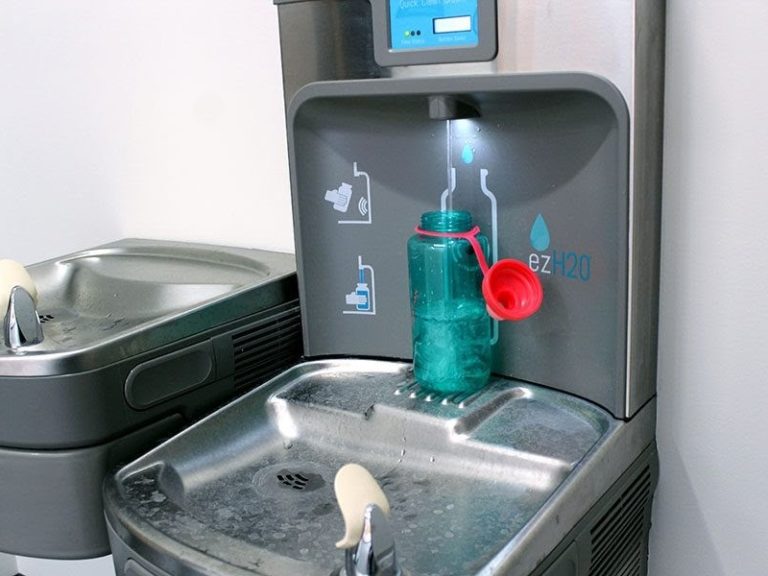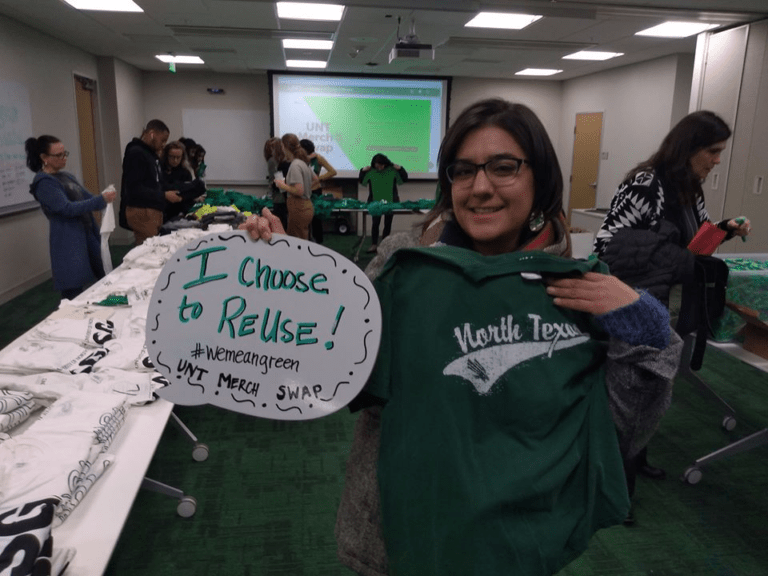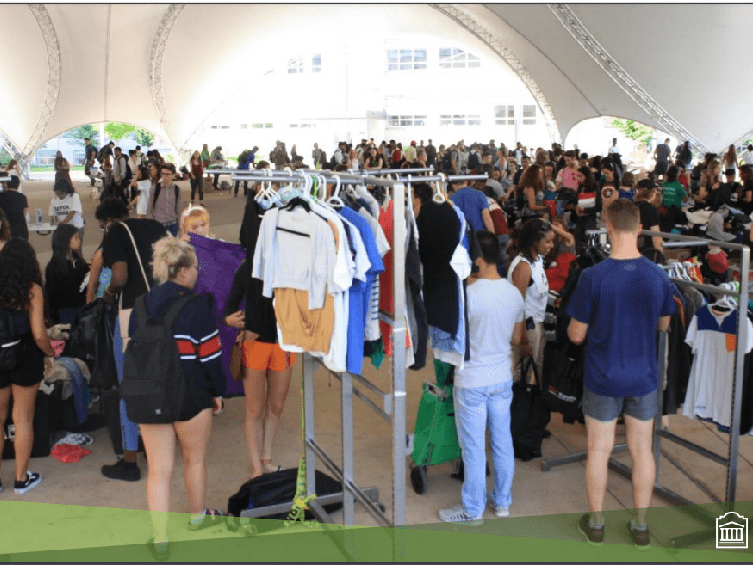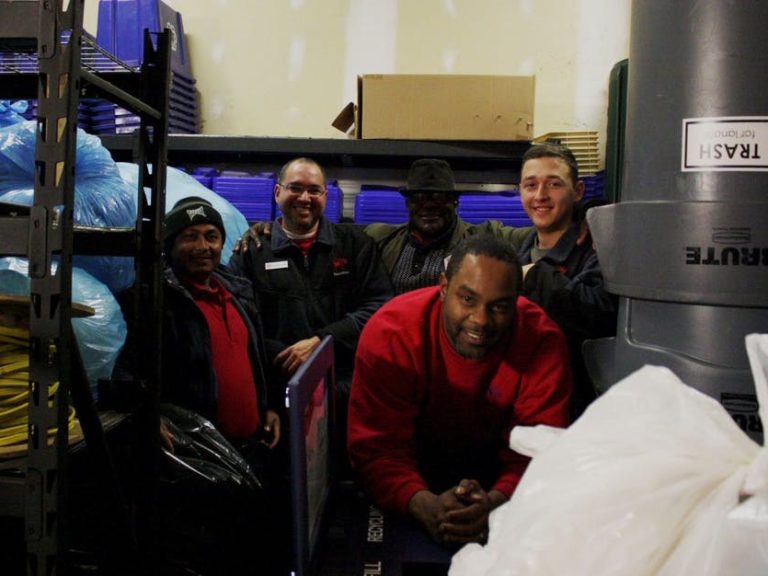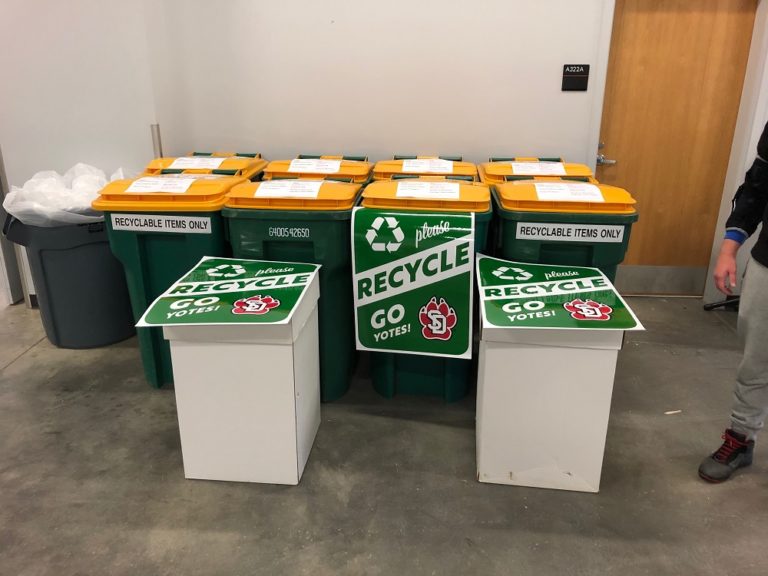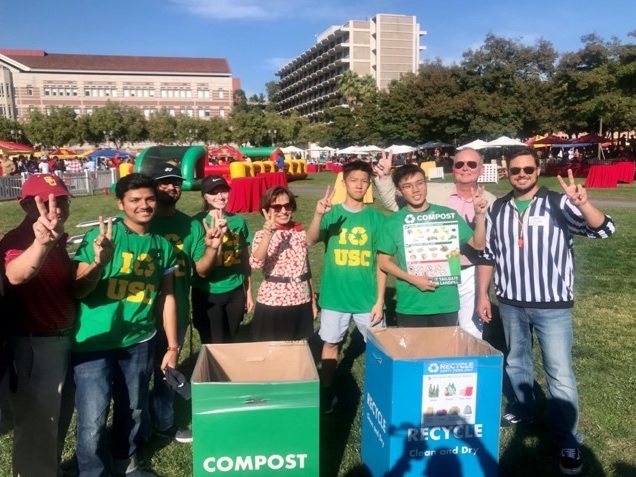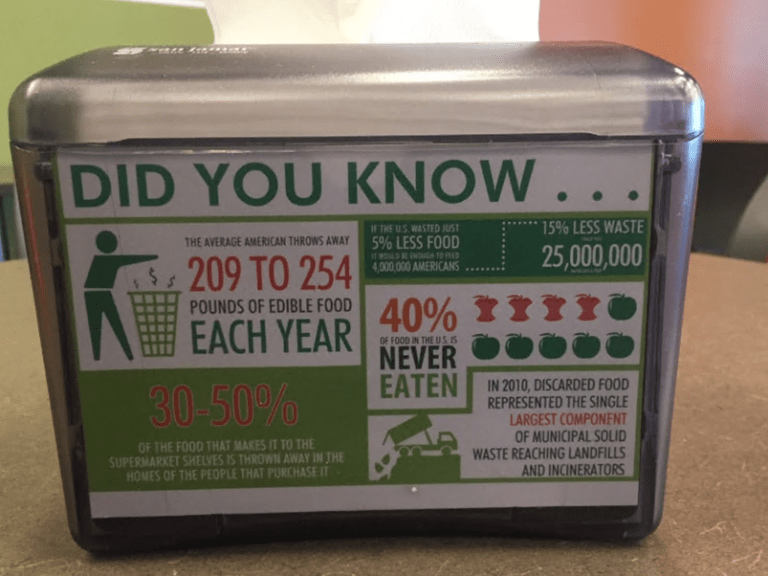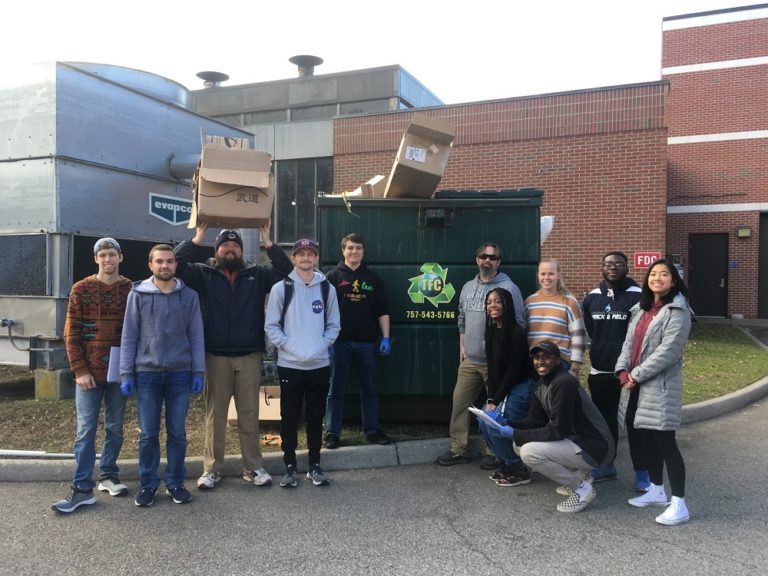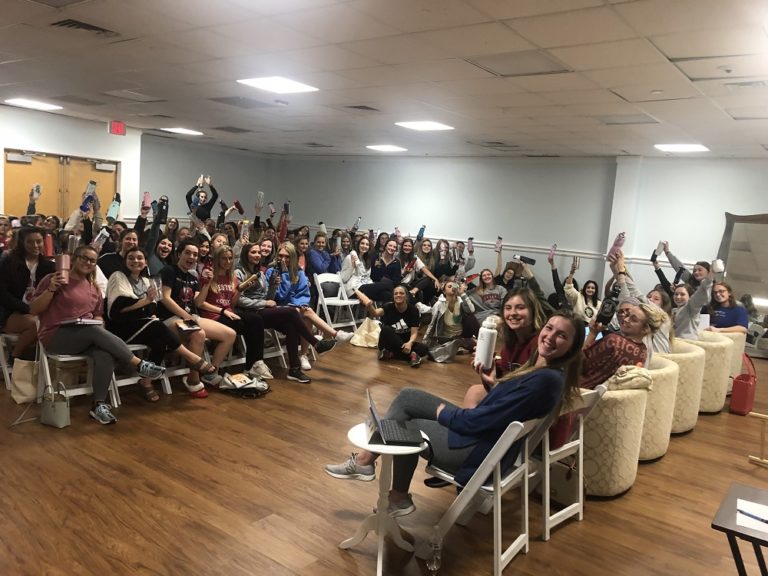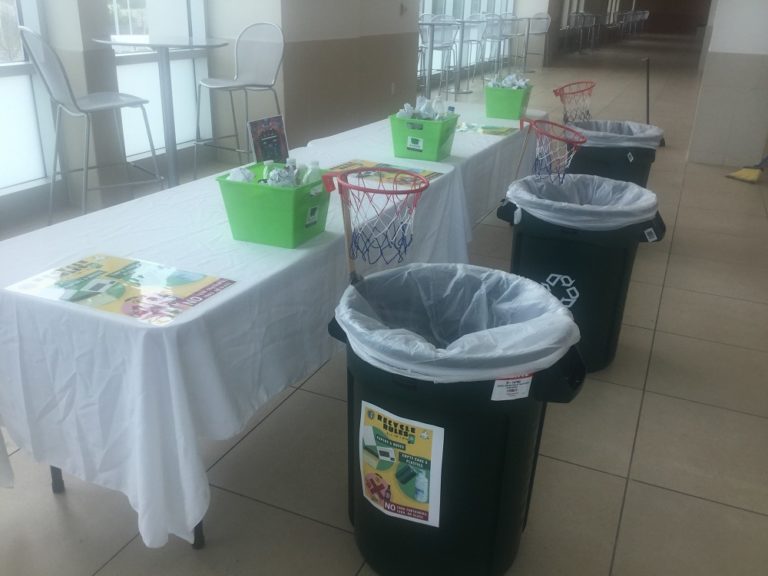We have much more to do and your continued support is needed now more than ever.
Campus Race to Zero Race 2020 Case Studies
Colleges and universities recognized for waste minimization and food waste reduction strategies
Each year the Campus Race to Zero Waste (formerly RecycleMania) program calls for best practice case studies from campuses across the U.S. and Canada to showcase programs and strategies in waste minimization, food waste reduction, and education and awareness. The case study resource is a great opportunity to gain recognition for campus efforts to reduce waste and to share helpful information for campuses that are working on similar efforts.
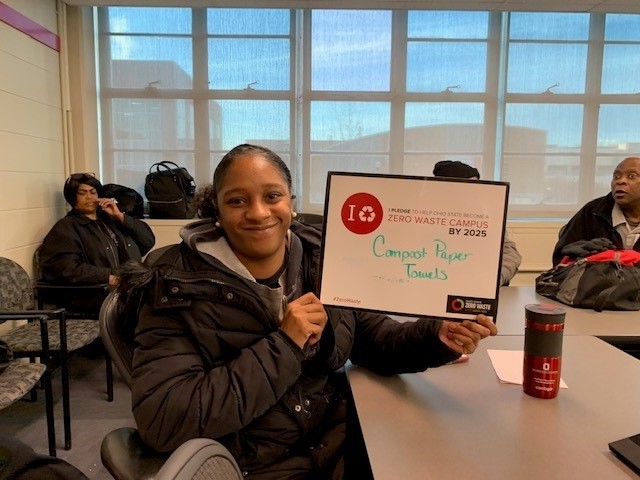
We are happy to announce the winners of the 2020 case study competition:
- Macalester College, Minnesota > Waste Minimization Category. Macalester College’s SustainaCup is a student-led program that seeks to minimize waste and improve the sustainability of menstrual periods economically and environmentally while also promoting wellness and social justice.
- University of Connecticut > Food Waste Reduction Category. University of Connecticut’s Food to Fuel program provides students opportunities to create healthy and sustainable lives.
- The Ohio State University > Education and Awareness Category. The Ohio State University implements a sustainability and zero waste certification training for facilities operations workers including custodial, maintenance, landscaping, and housekeeping staff.
Browse all the 2020 campus case studies
Waste Minimization case studies:
- Georgia Institute of Technology plans and implements a pilot to collect plastic film.
- Georgia Institute of Technology collects Styrofoam from labs and move-in for recycling.
- Towson University’s evolution of waste minimization on campus over three years includes rebranding outdated waste signage and ensuring all catered events are “zero-waste” ready.
- University of Connecticut students advocate for reducing plastic waste on campus by implementing water bottle refill stations and collaborating with the administration to ensure the University is moving towards a plastic-free future.
- University of Ottawa hosts a free store for the uOttawa community to reduce waste and foster a culture of reuse and repurposing.
- University of Richmond diverts more than 1,500 pounds of soft plastic waste through a campus-wide plastic bag and film recycling program.
- University of South Dakota focuses on reducing waste on game day.
Food Waste Reduction case studies:
- Rider University, working with Gourmet Dining, uses the RecycleMania competition as a platform to educate the campus community about food and water waste reduction as well as landfill diversion opportunities.
- The University of Texas at Dallas’s comprehensive analysis of actions to improve its food waste diversion program on campus.
Education and Awareness case studies:
- Capital University raises awareness on environmental sustainability and reduced waste from single-use disposable coffee cups through an incentivized reusable coffee cup sale.
- Central New Mexico Community College studies whether new waste and recycling educational signage works to divert waste from the landfill and/or to reduce contamination.
- Endicott College’s wall mural in the dining hall helps educate and improve food waste diversion across campus.
- Hobart and Smith Colleges engages the campus in an education and awareness campaign that taught participants to correctly sort commonly disposed of items into recycling, compost, or trash.
- Miami University engages students living in residential halls in the Race to Zero Waste competition.
- Temple University’s unique partnership for unprecedented access to affordable triple-bottom, zero-waste personal care products.
- University of North Texas adopts an education and awareness campaign called “Eight R’s of Reducing Waste” which featured “Rethink, Refuse, Reduce, Reuse, Repair, Refurbish, Repurpose, and Recycle” as themes.
- University of Southern California rolls out a pilot Zero Waste Green Game for a NCAA Men’s Basketball Game at its Galen Center venue as an expansion of the season-long Zero Waste (ZW) Initiative and Green Game.
- Virginia Wesleyan University’s residence hall competition, which includes educational programming, and implementation of green-colored bags for recycling, increases campus awareness and participation in recycling.
- Western Kentucky University’s Greeks Go Green experiments with and utilizes various techniques to raise awareness for sustainability and incentivize sustainable behaviors among the campus’s Greek community.
- Xavier University of Louisiana engages key campus stakeholders to ensure success for a first-time participation in the RecycleMania competition.

